How much longer can Peugeot continue to sell almost no cars in Australia before its headquarters in Paris gives the signal to retreat from that faraway land populated mainly by kangaroos? There is a way, though, that this historic French automobile brand could go from almost zero to hero here and we put it to Peugeot’s Australian CEO recently.
Peugeot sold 2087 cars in Australia last year, down more than 700 cars on the year before. Sister company Citroen sold a total of 296 cars in 2022. Even with both Citroen and Peugeot’s sales results combined, the pair are in the bottom five lowest-selling car brands in Australia, excluding exotic makes such as Ferrari and Lamborghini.
Just to put that in perspective: Holden sold 43,176 cars in 2019, the year before head office at General Motors in Detroit announced it would stop selling vehicles in Australia.
So, what is the number - the lowest possible sales results - that will tell Peugeot’s head office that it’s time to close up shop in Australia? It was a hard question to ask Peugeot Australia’s CEO Kate Gillis, but an even harder question to answer, because she didn’t.
Although Gillis nodded along to my question, Peugeot’s public relations manager Chloe Fraser quickly intercepted.
“Categorically we’re committed to the Australian market and we continue to prove that by bringing in the latest products to meet the customer demands here.
“We’re not going to sit here and talk specific figures on anything but we continue to demonstrate our commitment to the Australia market and the Australian consumer. It’s an interesting topic but our response is always the same - that we’re committed.”
.jpg)
Still, while commitments are nice, Peugeot is a business and if it’s not making money, and it’s hard to see how it is, then what is keeping the car company in Australia? Is it vanity? Does this nearly 130-year-old car brand just want to be able to say it sells Peugeots from Melbourne to Madagascar (it does)?
“I can’t answer from the factory’s perspective, “ said Gillis. “I’ve never even heard that question asked that way before. From my perspective I don’t think it's vanity. It’s the fact that we have got a consumer base in Australia. Is there opportunity to grow? Absolutely based on the electrification journey that we have got.
“But also you have this car park of existing customers. Peugeot customers are one of the most connected to their service - they love their cars and they keep them running. Our job is to make sure that we’re getting the product out and making sure we’re getting as many people loving it as possible. We’ll never be a mass market, we'll always be a strong brand in terms of customer preference.”
I get the feeling though that saying something is never going to be a mass market brand or niche product is a way of covering for low sales while retaining a premium air - an acquired taste like caviar or oysters.
But elsewhere Peugeot is a mass market brand. In the United Kingdom, it was the 12th best-selling brand in 2022, shipping 52,264 units - more than Mazda, Honda and MG, but about 2500 units less than Tesla.
In France Peugeot is far and away the best-selling car brand in the country with 245,609 sales last year. And even putting French patriotism aside, that’s truly broad appeal to people who aren’t a great deal different to us.
.jpg)
I mean, you don’t hear the CEO of Michelin in Australia saying they can’t sell many tyres because they’re a French company that’ll never be a mass market brand. I would argue that Michelin is one of the best-selling tyre brand in Australia and France, if not the world.
The thing is, Peugeot’s cars are good, no - excellent. From the exterior and interior design to the materials used and the high-quality craftsmanship. Putting it all together they’re like new Volvos, only with more flair.
And that’s just the styling. The ride, handling, steering of pretty much any new Peugeot is better than many of the cars I test week in and week out. The engines and new transmission are, likewise, excellent.
I truly think the low sales are down to a lack of awareness of the brand and a pricing strategy that makes their models too pricey compared to a Kia, Mazda or even a Volvo.
Gillis says that awareness is about to change with a new campaign starting soon.
“We have a plan on a brand campaign that will launch a week from today [March 27]. You’ll see something in market between now and the middle of the year and then come the second half of the year there will be another burst. So we’re very excited. It’s probably one of the first key brand campaigns that we’ve had for some time.”
I believe the only way Peugeot can turn around its fortunes in Australia is to re-invent itself as an EV-only brand here, something to rival the likes of Polestar and Tesla.
Australians have shown that when it comes to buying an electric vehicle they’re willing to spend more money for a premium car and try something a bit quirky or different.
That’s been Peugeot’s schtick in Australia before anybody had ever heard of a Tesla or Polestar. Peugeot! These brands are stealing your customers all because you don't have an EV in Australia.
.jpg)
In 2022 Polestar recorded 1534 sales in Australia. From a brand that only arrived in November 2021. A brand with only one model - the Polestar 2. A brand most people had never heard of ever.
If Peugeot’s not scared by an unknown brand with the same premium appeal and styling as theirs selling just 500 less cars in its first full year, then it should be.
Meanwhile, Peugeot was founded more than a hundred years ago and it still doesn’t have an EV in Australia - yet.
Of course Peugeot has EVs in Europe. The number one selling EV in France is the e-208 light hatch which is also expected to come to Australia.
Peugeot, meanwhile, is rolling out plug-in hybrids (PHEV) in Australia, such as the 308 GT Sport hatch PHEV (which costs the same as a Polestar 2), but by the middle of 2023 Peugeot will launch its first electric vehicle here, the e-Partner van followed closely by the e-2008 small SUV.
The e-308 hatch which could compete against a Polestar 2 or Model 3 has been under evaluation for Australia since we went to the launch of the petrol 308 in November last year.
“It’s still currently under evaluation,” Gillis said. “It’s a beautiful looking vehicle. Do we want it to come to market? Absolutely, but we need to work out what is best timing wise. We talk to dealers to find out what will be right for our brand. We’ll do market research - there are a number of factors that we use.”
.jpg)
“Our electrification journey is a really strong one. We’ve got the 308 - there’s a petrol option and PHEV option and down the track hopefully we’ll have a fully electric version as well.
“A lot of new brands have just got electric and that’s great, but for us we want to make sure we’re catering not just to our existing customers but also to our new customers coming on board as well.”
Frankly I reckon that if Peugeot was going to succeed in Australia selling petrol cars it would have already, and if there is any brand that is suited perfectly to reincarnating itself as exclusively EV, it’s Peugeot.
Now is the time for Peugeot to dump petrol and embrace EVs if it wants to save or make something of the brand here. It’s time for Peugeot to realise this and stop evaluating.











.jpg)
.jpg)
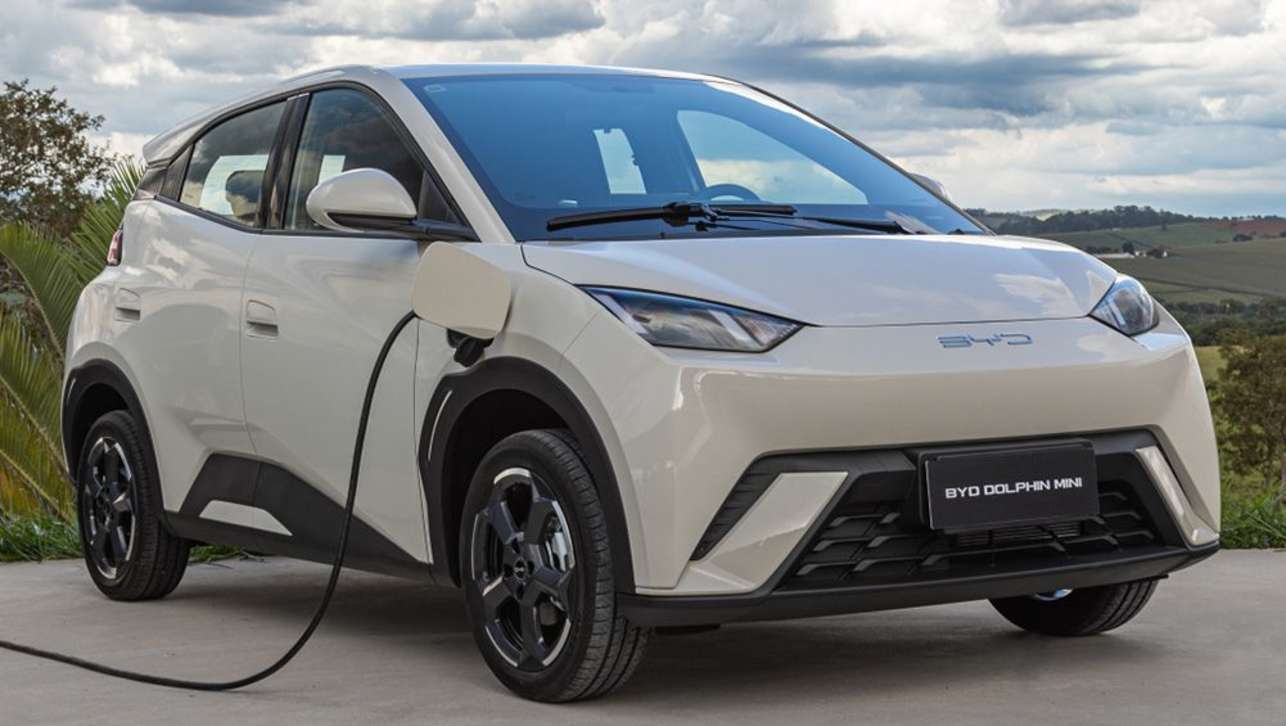
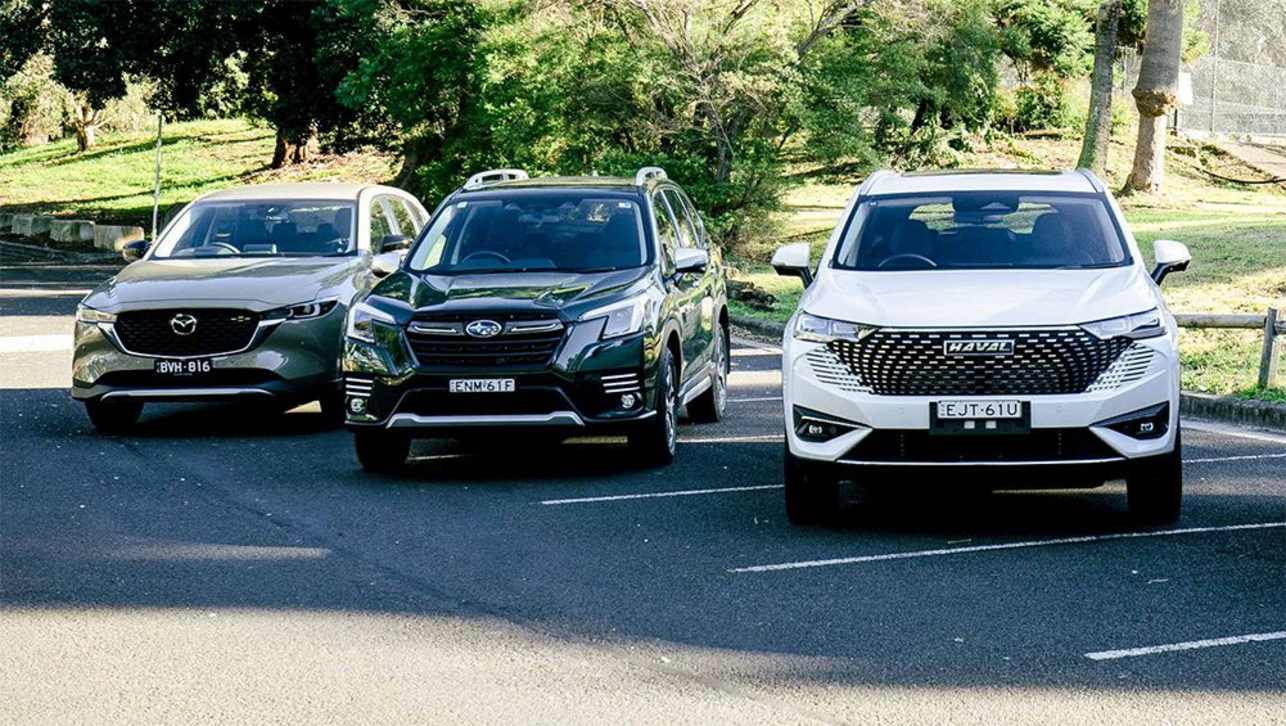
.jpg)
.jpg)
.jpg)




.jpg)
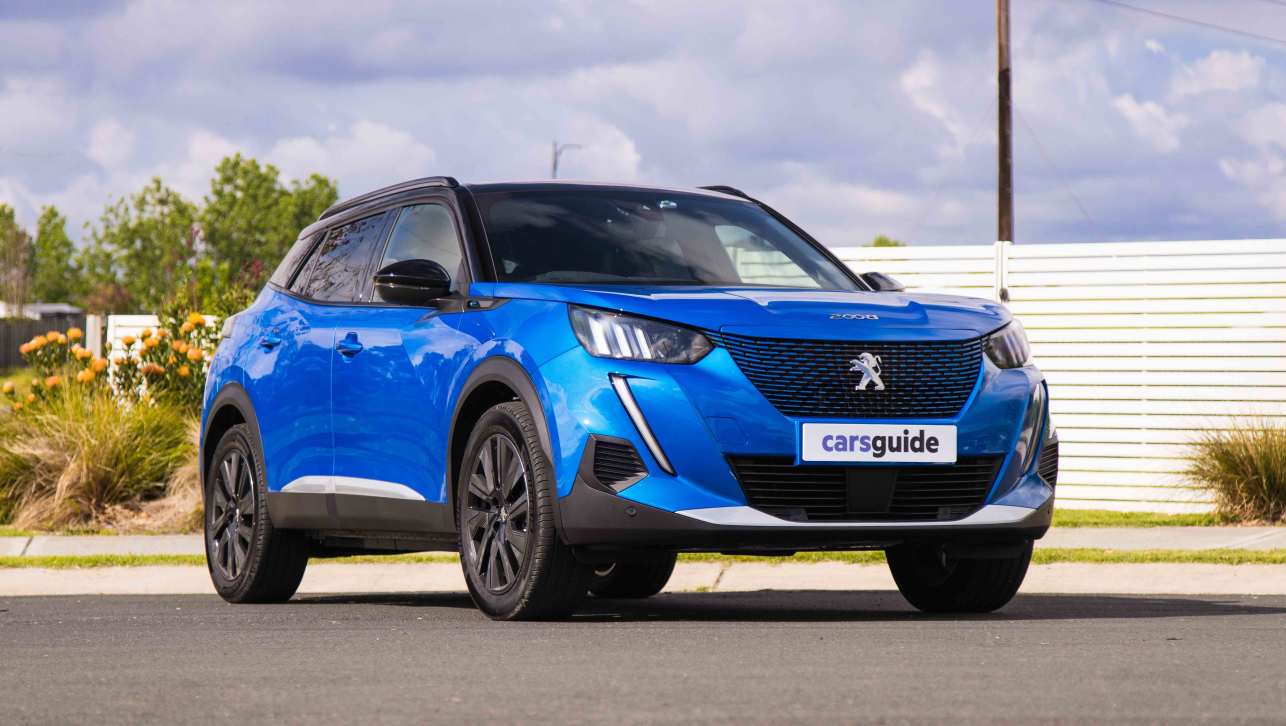
.jpg)
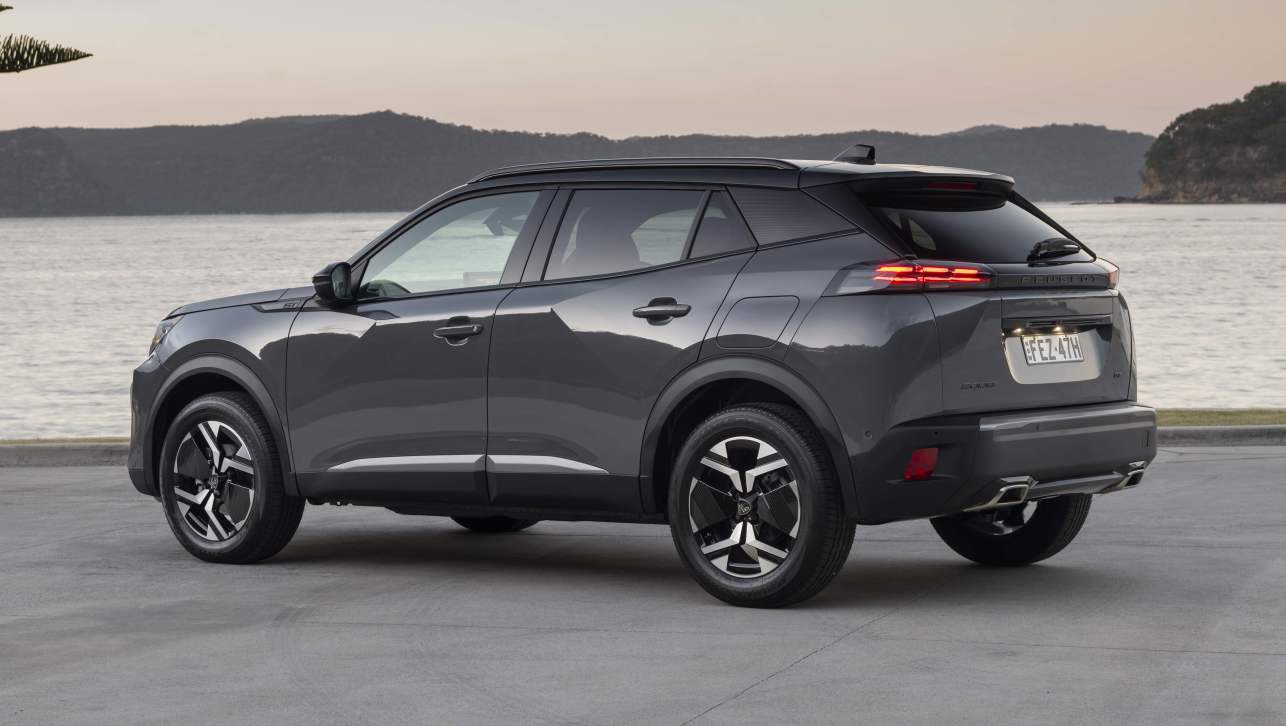
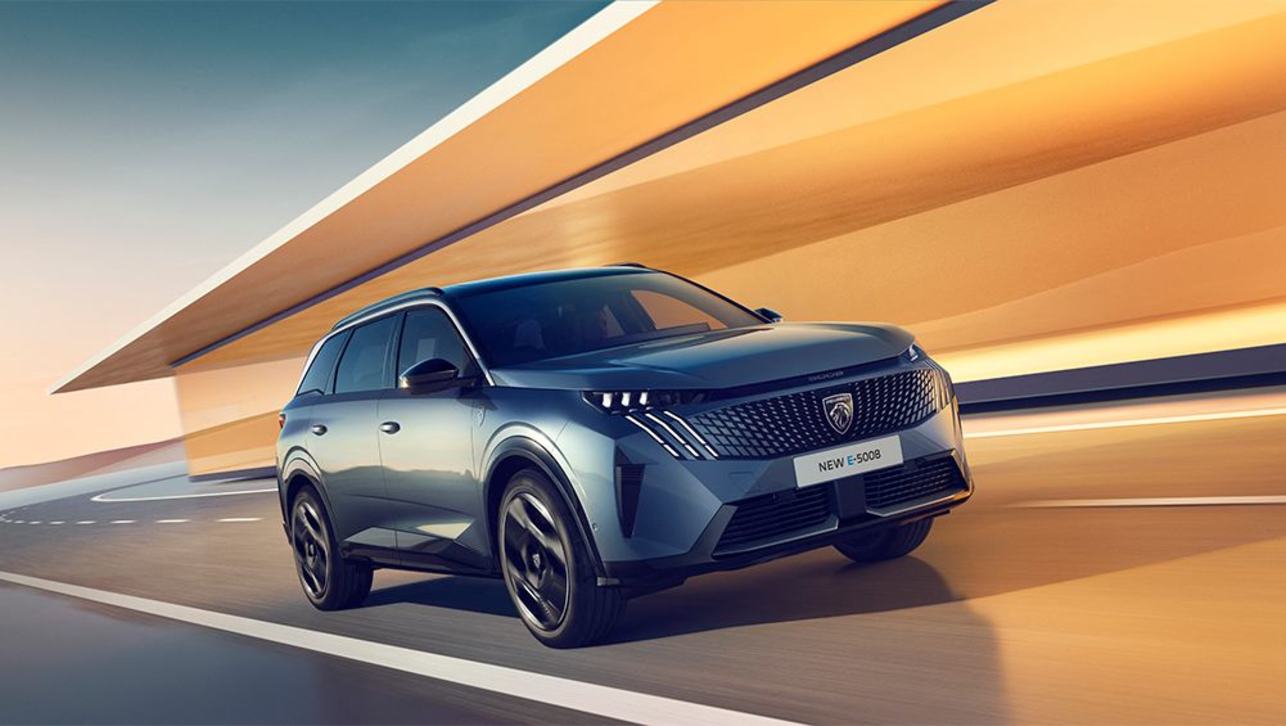



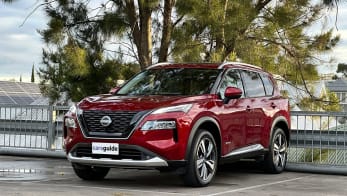
Comments